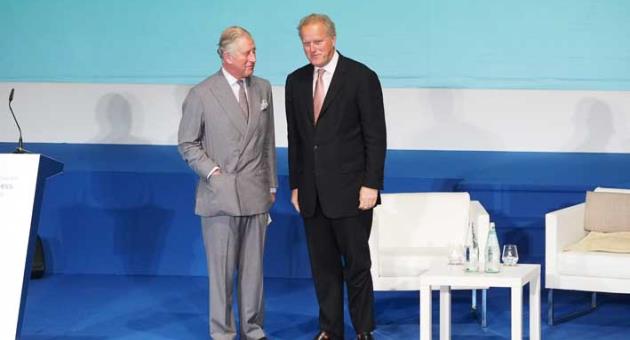Ghana scored an African Transformational Index of 19.1, lower than the African average of 30.3.
This placed it 20th out of the 30 countries surveyed.
According to the African Center for Economic Transformation (ACET), Ghana’s DEPTH progress has been weak and unstable since peaking with an overall ATI score at 20.6 in 2014.
The report revealed that Ghana scored below the African average in every DEPTH dimension, with particularly poor scores in Productivity Increases and Export Competitiveness and a rapid decline in Diversification.
Indeed, Ghana performed increasingly poor in the Diversification category.
This is because it has become significantly less diversified since the year 2000, even as the economy shifted from farming to services, aided by government support for the banking and ICT sectors.
“It has leapfrogged industrial development with the share of manufacturing declining by more than half between 2000 and 2020. Exports have become increasingly concentrated, with the share of the top five products (crude oil, cocoa, gold, wood products, and fruit and nuts) rising from 70% in 2000 to 89% in 2020”.
Export Competitiveness: Ghana scored very low
With regard to Export Competitiveness, Ghana scored very low, a reflection of its limited integration into global and regional value chains.
The report added that the country is constrained by low product diversification and a lack of export sophistication.
“Ghana is constrained by low product diversification and a lack of export sophistication. Almost all of Ghana’s current export basket—94%—has low technology content, which has not changed significantly over the last 30 years. This reflects, in part, the country’s limited success in diversifying into non-traditional exports and upgrading technology for production. Consequently, Ghana’s competitiveness has not been improving over time, and the country remains vulnerable to external shocks”.
Technology Upgrading: Ghana scored significantly below African average
For technology upgrading, Ghana scored significantly below the African average in this dimension, though it has begun to catch up to its peers.
The generally poor technology content of production and mechanized exports, the report said, partly reflects the inability of the small manufacturing sector to access highly skilled and innovative workers capable of applying more complex production technologies.
“Progress has also been limited by energy supply challenges and a lack of investment in research and development”, it added.
Productivity increases significantly below the African average
Ghana’s productivity was also significantly below the African average.
The report alluded that labor productivity has remained flat since 2000, adding, “Manufacturing labor productivity dropped by almost 50% between 2012 and 2020, and services productivity has remained relatively flat. However, agricultural productivity started increasing steadily after 2010”.
Ghana performs best in human well-being but remains below African average
Regarding Human Well-being, the country performed best but remained below the African average.
“Robust growth and significant improvement in per capita incomes—from $935 in 2000 to $1815 in 2020—contributed to a substantial reduction in poverty, but income inequality remains relatively high”, it explained, adding, “While there has been progress in formal sector employment, the vast majority of worker, especially female workers, remain in the informal sector”.
Meanwhile, Tunisia was 1st in Africa with a score of 69.5. Morocco and Swaziland were joint 2nd with a score of 60.2 percent respectively.




